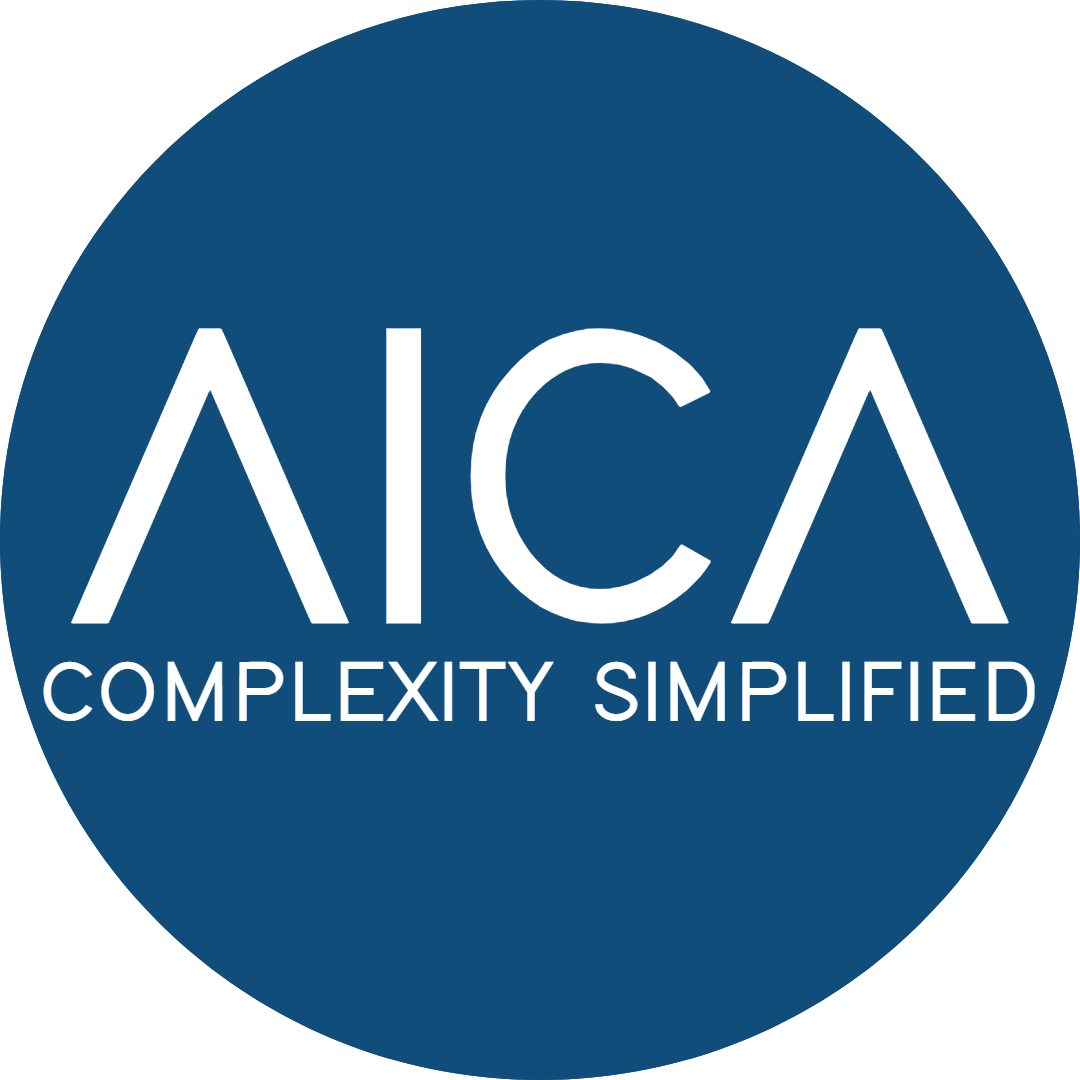The United Nations Standard Products and Services Code (UNSPSC) provides a universal taxonomy for classifying products and services, creating the structure needed for supply chain transparency and efficiency.
When implemented correctly, UNSPSC classification transforms logistics operations, improving traceability, accuracy, and cost control at every stage of the value chain.
Why Data Classification Matters in Logistics
In logistics, the movement of goods depends on the accuracy of product information. When data is inconsistent or incomplete, it leads to operational challenges such as:
- Duplicate and inconsistent product descriptions across suppliers and sites.
- Incorrect shipment details due to vague or incomplete specifications.
- Slow sourcing and delivery delays caused by unclear material references.
- Inaccurate reporting across procurement, warehousing, and finance systems.
These issues not only waste time, they create bottlenecks that undermine service reliability and increase operating costs.
A unified classification system like UNSPSC ensures that every product and service is categorised consistently, across every site, supplier, and system.
How UNSPSC Improves Logistics Performance
Implementing UNSPSC classification delivers measurable improvements in logistics management:
- Enhanced Inventory Visibility
With standardised codes, logistics teams gain a clear, real-time view of inventory across warehouses and distribution centres. Duplicate or redundant items are eliminated, enabling accurate stock levels and better replenishment planning. - Faster Procurement and Replenishment
Standardised product data accelerates sourcing and purchase order creation. Buyers can easily identify equivalent items across suppliers, reducing delays and avoiding redundant orders. - Improved Data Interoperability
UNSPSC enables seamless data exchange between ERP, EAM, and logistics management systems. This standardised language ensures that suppliers, carriers, and internal systems communicate efficiently. - Cost and Carbon Optimisation
Classification enables better visibility into material flows and consumption. By consolidating shipments and identifying redundant SKUs, organisations can cut logistics costs and lower environmental impact. - Compliance and Traceability
In regulated industries like energy, mining, or defence, UNSPSC supports auditable traceability across the supply chain—ensuring items are classified, tracked, and reported correctly from origin to delivery.
The Challenge: Scaling Classification Across Logistics Networks
While the benefits are clear, the scale of logistics data makes manual classification nearly impossible.
A global supply chain may manage millions of line items across multiple systems, each with unique naming conventions and supplier data.
Traditional methods require months of manual effort, which slows transformation and risks introducing human error.
AICA’s Role: Automating UNSPSC Classification at Scale
At AICA, we help logistics and supply chain organisations unlock structured, reliable data through automated classification.
Our Agentic AI platform classifies, cleanses, and enriches product and service data at unprecedented speed and accuracy, up to 10,000 items per hour, with over 90% accuracy.
Key capabilities include:
- Automated UNSPSC Mapping: Intelligent algorithms match product data to the correct UNSPSC level.
- Confidence Scoring: Every record is assigned a reliability score, guiding QA and validation.
- Duplicate Detection: AI identifies redundant or overlapping entries across multiple systems.
- Integration with ERP and TMS Systems: Seamless deployment into SAP, Oracle, or custom logistics platforms.
- Human-in-the-Loop Validation: Expert oversight ensures accuracy where context matters most.
By automating classification and enrichment, AICA helps logistics organisations gain control of their data, building the foundation for faster decisions and sustainable growth.
Conclusion
Logistics efficiency begins with data accuracy. UNSPSC classification gives organisations a standardised foundation for managing products and services across the entire supply chain.
When powered by AI-driven automation from AICA, this foundation scales, turning millions of fragmented records into a single source of truth for logistics, procurement, and operations.
Clean, classified, and consistent data doesn’t just make logistics simpler, it makes it smarter.
Visit our website to learn how AICA helps enterprises transform their logistics data with automated UNSPSC classification.
Copyright Reserved © AICA Data International Ltd 2025

